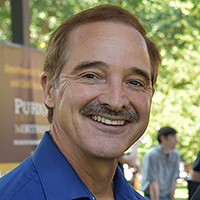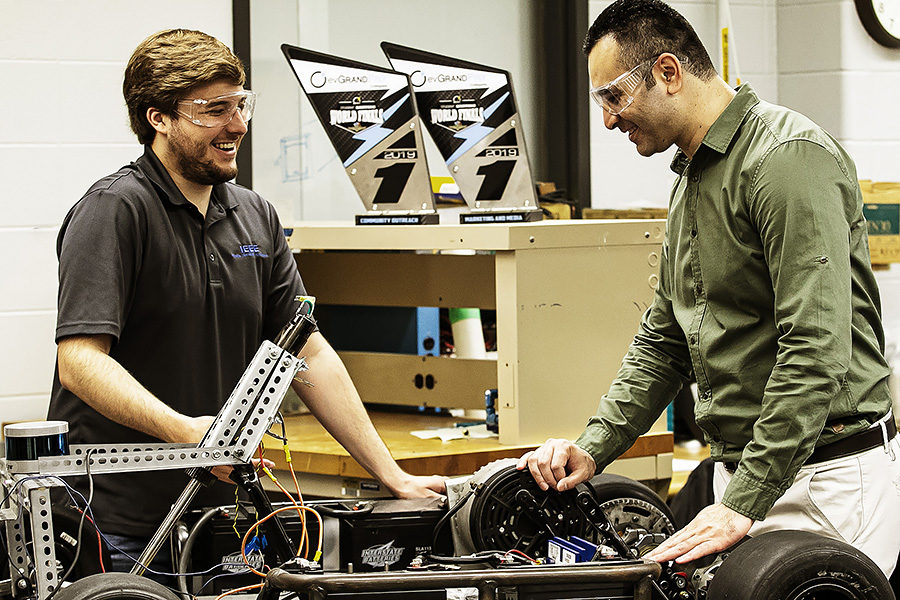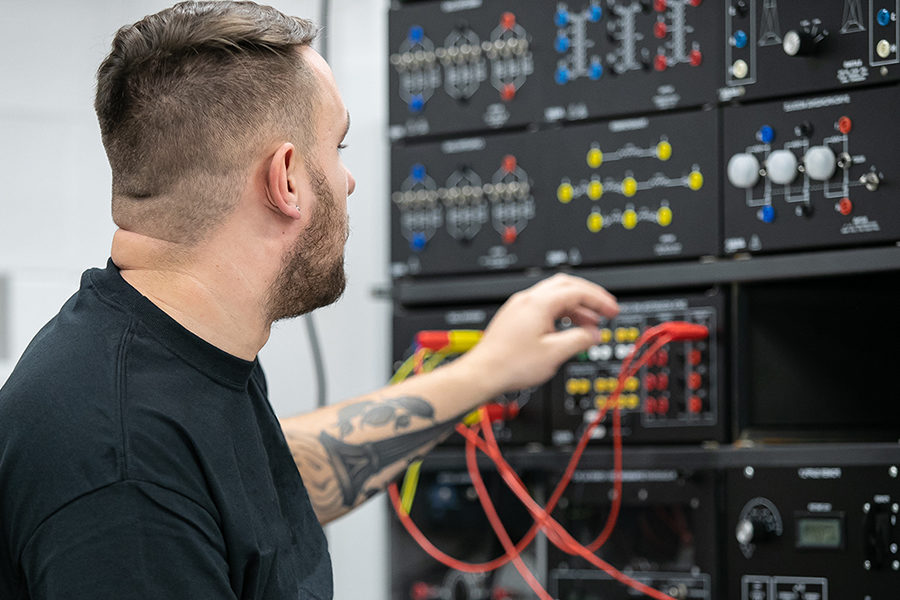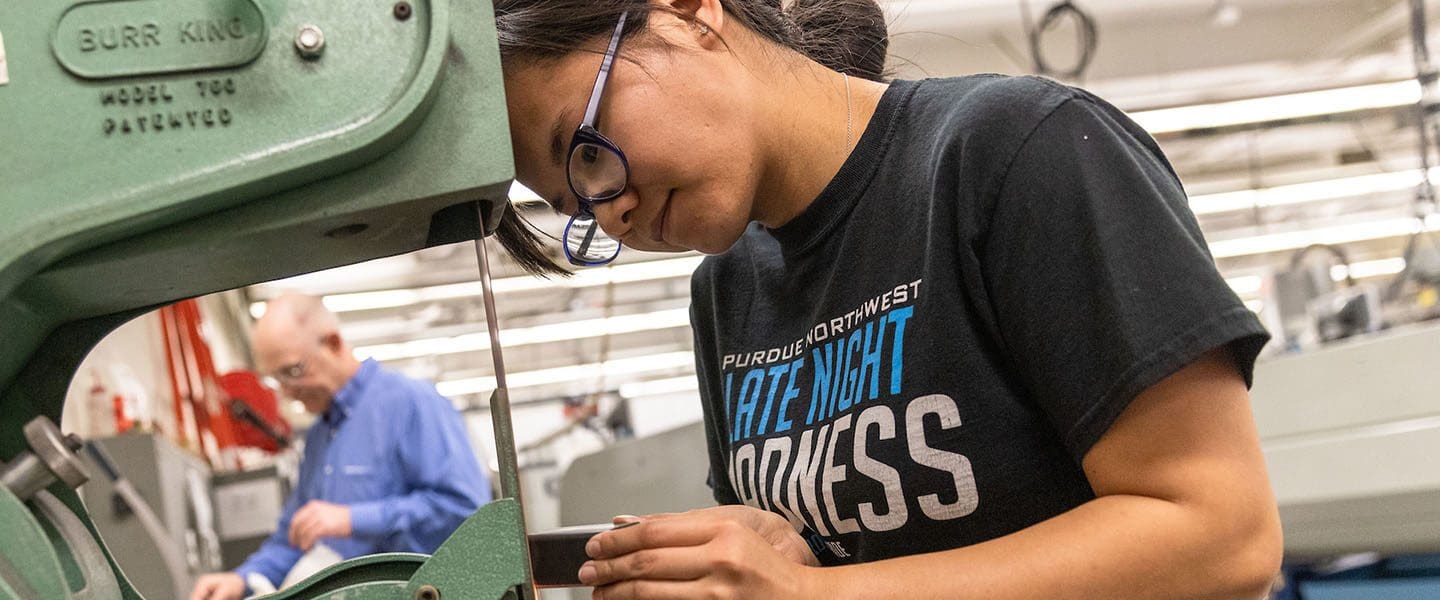
Bachelor's Degree in Electrical Engineering
Concentration: Power and Energy Systems (BSEE)
Request Information
Power and Energy Systems Concentration Overview
Electricity powers our lives, and anything with an electrical component was designed by electrical engineers. Through the application of physics, math and programming, electrical engineers develop systems that control, monitor and communicate with everything around us.
Purdue University Northwest’s electrical engineering degree program with a concentration in power and energy systems allows you to focus specifically on the systems like generators, transformers, circuit breakers, relays and transmission lines.
Department of Electrical and Computer Engineering
At PNW, you have the opportunity to earn baccalaureate and master’s engineering degrees within five years.
In addition to extensive technical training, you’ll learn project management as well as written and oral communication skills essential for the engineering profession.
Our vibrant community is home to several active engineering student organizations and our students compete in national innovation competitions.
Power and Energy Systems Concentration Curriculum
As a power and energy systems student, you’ll take a balance of general education courses, College of Engineering and Sciences core courses, advanced mathematics courses and electrical theory courses. You will also get hands-on lab experience in all aspects of the discipline, including circuitry, mechanics, programming and thermodynamics.
Learn the fundamentals in calculus and physics courses while exploring the foundational concepts of engineering.
Sample Courses
- ENGR 186000 – First Year Seminar for Engineers
- ENGR 19000 – Elementary Engineering Design
- MA 16300 – Integrated Calculus Analysis Geometry I
Discover electrical engineering concepts such as circuit analysis, digital logic design and analog/digital electronics as well as integrated circuits.
Power and Energy Systems Concentration Course of Study
Sample Courses
- ECE 20100 – Linear Circuit Analysis I
- ECE 27500 – Analog and Digital Electronics
- ECE 27001 – Introduction to Digital System Design
Engage in advanced math, technical writing and project management.
Power and Energy Systems Concentration Course of Study
Sample Courses
- MA 26500 – Linear Algebra
- ENGL 30700 – Written and Oral Communication for Engineers
- ECE 31200 – Engineering Economics and Project Management
Focus on your concentration in power and energy while the program culminates in a two-semester, team-based capstone senior design project.
Power and Energy Systems Concentration Course of Study
Sample Courses
- ECE 43200 – Elements of Power System Engineering
- ECE 42900 – Senior Engineering Design
- IECE 43900 – Senior Engineering Design II
Power and Energy Systems Concentration Highlights
The engineering programs at PNW are ranked highly among comprehensive universities by US News and World Report. Class sizes are small, labs are state-of-the-art and all faculty members have Ph.D. degrees in their areas of instruction.
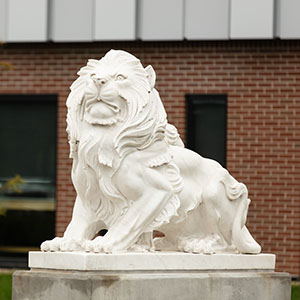

Power and Energy Systems Concentration Outcomes
As a graduate of this program, you’ll be able to:
- Identify, formulate and solve engineering problems
- Use skills and tools necessary for engineering practice
- Design and conduct experiments; analyze data
- Design systems or processes within realistic constraints
- Recognize ethical and professional responsibilities
- Understand the impact of engineering in economic, environmental and societal contexts
Power and Energy Systems Concentration Career Paths
A degree in electrical engineering opens up a world of opportunities in a wide range of industries, including:
- Scientific research and development
- Electrical component manufacturing
- Power generation, distribution and transmission
Power and Energy Systems Concentration Beyond the Classroom
We know that learning happens everywhere, so we encourage you to supplement your studies in organizations such as:
- Institute of Electrical and Electronics Engineers (IEEE)
- Honors College
- Society of Women Engineers
Power and Energy Systems Concentration Employers
Our alumni work with some of the most innovative organizations across the region and around the world, including:
- NIPSCO
- BP
- ArcelorMittal
Power and Energy Systems Concentration Scholarships
Funding opportunities available to Electrical Engineering students include:
- Undergraduate Admissions Merit Scholarships
- College of Engineering, Math and Science Scholarship
- Presnak Engineering Scholarship
- Women in Engineering Scholarship
Power and Energy Systems Concentration Accreditation
The Purdue University Northwest programs in Electrical and Computer Engineering are accredited by the Engineering Accreditation Commission of ABET.
Power and Energy Systems Concentration Licensure
As an ABET-accredited engineering program, PNW’s program for the Bachelor of Science in Electrical Engineering at the School of Engineering fulfills the educational requirements for PE licensure in Indiana and all states of the US.
Meet the Faculty
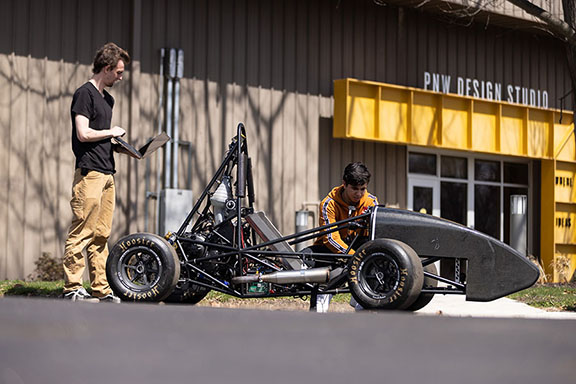
Earn a Bachelor's Degree in Electrical Engineering with a Concentration in Power and Energy Systems at PNW
Purdue University Northwest’s power and energy systems concentration enables you to reach a genuine understanding of all aspects of the industry while building a solid foundation in physics, math, and programming.
To see how a bachelor’s degree in electrical engineering with a concentration in energy power systems from PNW can help you power the world around you, take the next step today!



